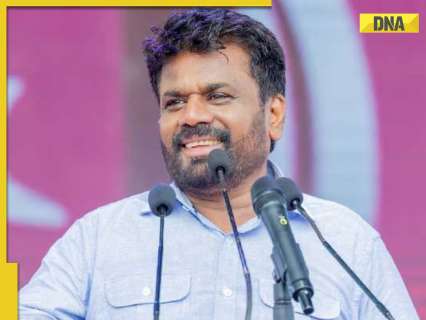Sri Lankans handed Anura Kumara Dissanayake a thumping win in a snap general election, giving its new leftist president greater legislative power to pursue policies to alleviate poverty and fight graft as the country recovers from a financial meltdown. Dissanayake, a political outsider in a country dominated by family parties for decades, comfortably won the island’s presidential election in September. But his Marxist-leaning coalition, the National People’s Power (NPP), had just three of parliament’s 225 seats before Thursday’s election, prompting him to dissolve it and seek a fresh mandate.
The NPP won 107 seats, receiving almost 62% or 6.8 million votes in Thursday’s election, putting them past the majority mark in the parliament, latest results on the Election Commission of Sri Lanka’s website showed. A two-third majority appeared within reach of the coalition.
Voters directly elect 196 members to parliament from 22 constituencies under a proportional representation system. The remaining 29 seats will be allocated according to the island-wide proportional vote obtained by each party. “We see this as a critical turning point for Sri Lanka.
We expect a mandate to form a strong parliament, and we are confident the people will give us this mandate,” Dissanayake said after casting his vote on Thursday. “There is a change in Sri Lanka’s political culture that started in September, which must continue.” Celebrations were largely muted, with the exception of.


















